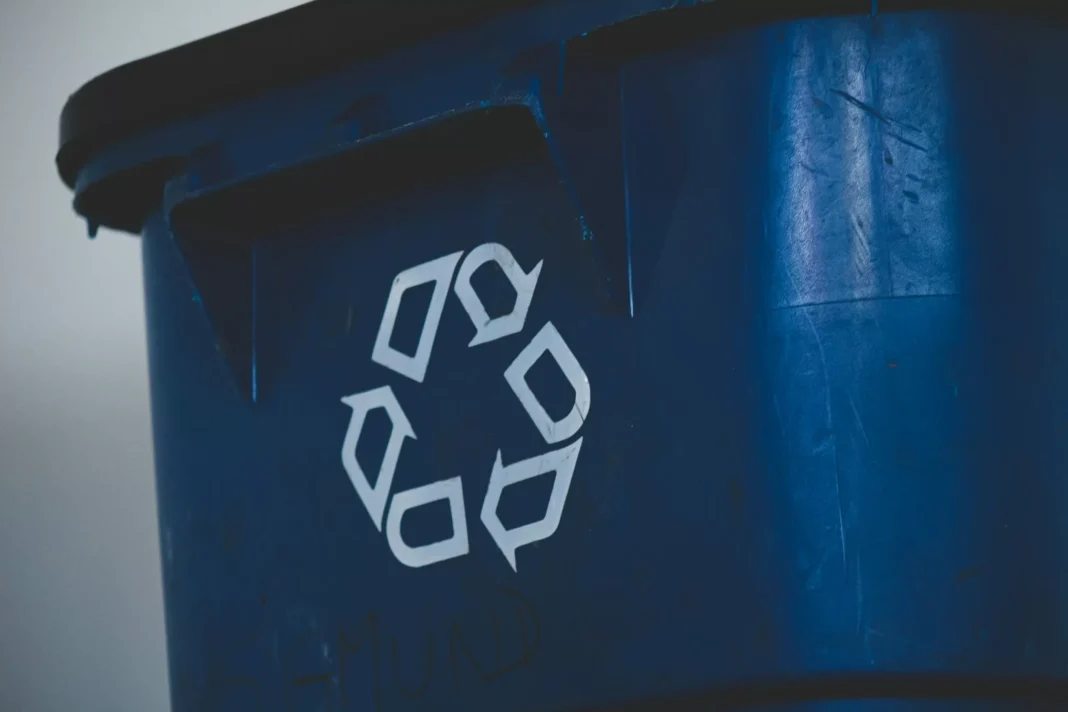The environmental movement has been gaining momentum in recent years, and with good reason. Our planet is facing numerous challenges, from climate change to pollution, and it is up to us to take action and protect our home. Many of us have grown up hearing about the three ‘Rs’ – reduce, reuse, and recycle – as the key to environmental sustainability. While these are important, there are two other ‘Rs’ that should also be included in our efforts to live more sustainably. In this article, we will explore the five ‘Rs’ that we should all keep in mind when making consumption choices.
The first ‘R’ is refuse. This may seem like an unusual addition to the list, but it is a crucial one. In a world where we are constantly bombarded with advertisements and encouraged to buy more and more, it is important to learn to say no. Refusing unnecessary or excessive consumption is the first step towards a more sustainable lifestyle. It is important to question our need for a product before purchasing it. Do we really need it? Will it bring value to our lives? By refusing to overconsume, we can reduce our impact on the environment and also save money in the process.
The second ‘R’ is reduce. This is a term that most of us are familiar with, but it is worth emphasizing its importance. By reducing our consumption, we can reduce the amount of waste that we produce. This means buying only what we need and avoiding unnecessary purchases. It also means choosing products that are durable and have a longer lifespan. By reducing our consumption, we can also reduce our carbon footprint and conserve natural resources.
The third ‘R’ is reuse. This is another familiar term, but it is one that we often overlook. Reusing items not only reduces waste but also saves energy and resources. Instead of buying new products, we can find creative ways to repurpose items that we already have. For example, old clothes can be turned into cleaning rags, and glass jars can be used as storage containers. By reusing items, we can also save money and reduce our environmental impact.
The fourth ‘R’ is recycle. This is a crucial part of the environmental movement, but it should not be the only solution. Recycling is important, but it should be viewed as a last resort. It is important to remember that not all materials can be recycled, and the recycling process itself requires energy and resources. Therefore, it is important to prioritize the other ‘Rs’ before turning to recycling.
The final ‘R’ is rot. This may be a new term for some, but it refers to composting. Composting is a natural process of decomposing organic materials, such as food scraps and yard waste, into a nutrient-rich soil amendment. By composting, we can reduce the amount of waste that ends up in landfills and also create a valuable resource for gardening and farming. It is a simple and effective way to close the loop and contribute to a more circular economy.
In conclusion, the three ‘Rs’ that we grew up hearing – reduce, reuse, and recycle – are essential for living a more sustainable lifestyle. However, the two additional ‘Rs’ – refuse and rot – should also be included in our efforts. By refusing to overconsume, reducing our consumption, reusing items, and composting, we can make a significant positive impact on the environment. Let us all keep these five ‘Rs’ in mind when making consumption choices and work towards a healthier and more sustainable future for our planet.

